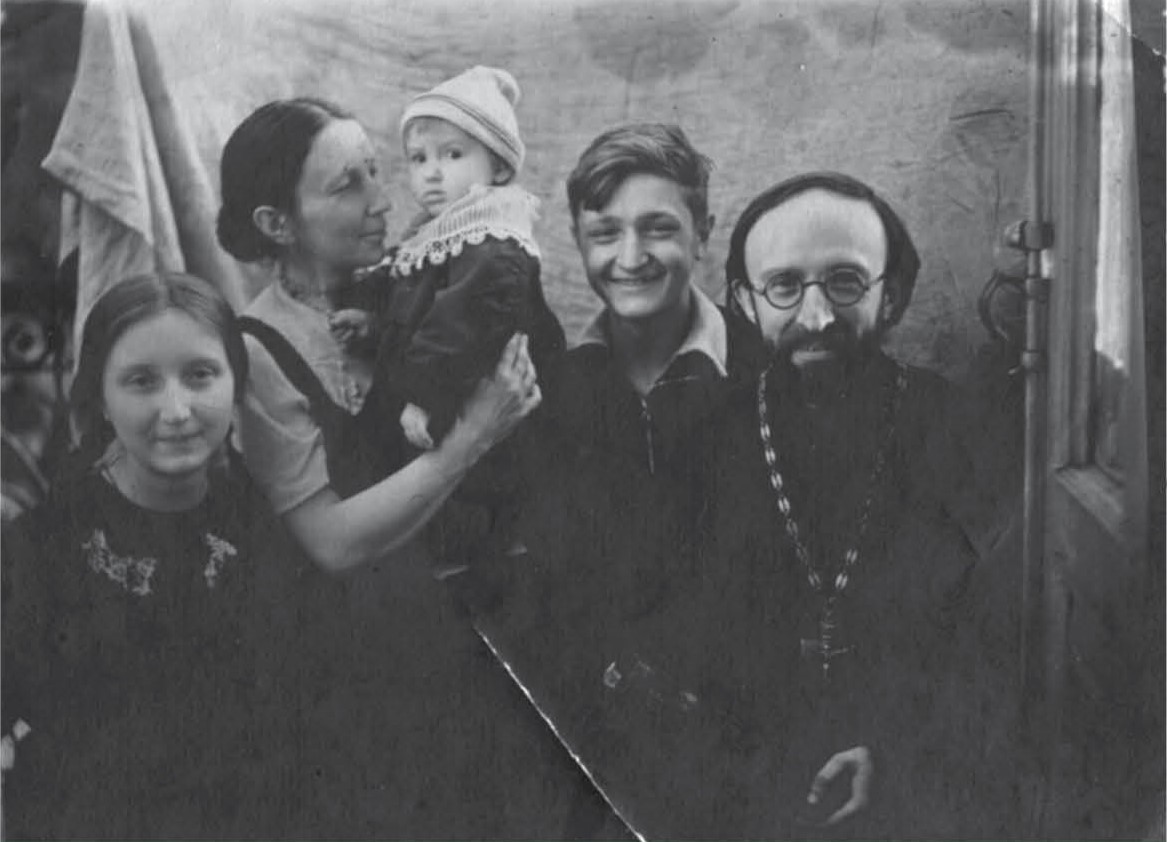The German policy toward Jews residing in the occupied countries of Europe led to their Gentile neighbours unwillingly becoming witnesses to its implementation. This particularly affected the population of Eastern Europe, mainly in occupied Poland, where the Germans built death camps. Confrontation with escapees from ghettos and camps or transporting them required a certain response. Some people, regardless of consequences, decided to help. Others, for various reasons, took no action. Still others turned in escapees and persons aiding them. There were even those, who, in certain circumstances, took part in the murder of Jews.
Such varying behaviour towards Jews on the part of people in countries occupied by Germany and its satellites was influenced by various factors, primarily attitudes towards Jews, stereotypes and prejudices, political views, religious convictions, material and family circumstances and, obviously, fear of repression.
Discover “Between Life and Death. Stories of Rescue during the Holocaust” exhibition catalogue



